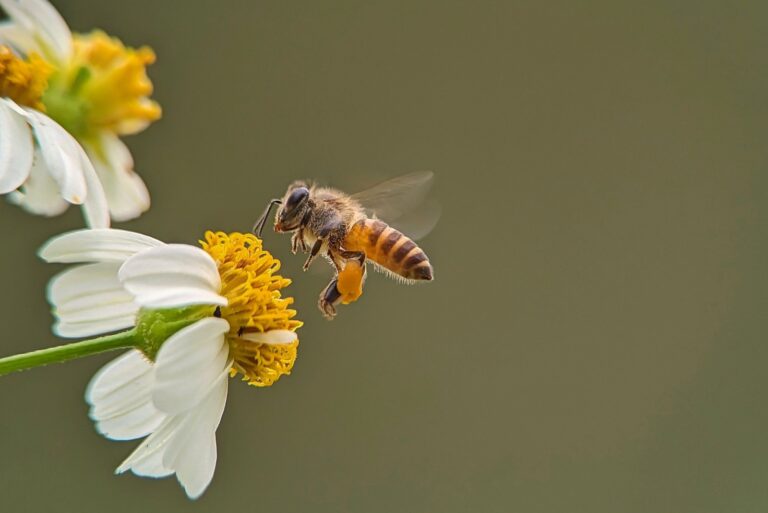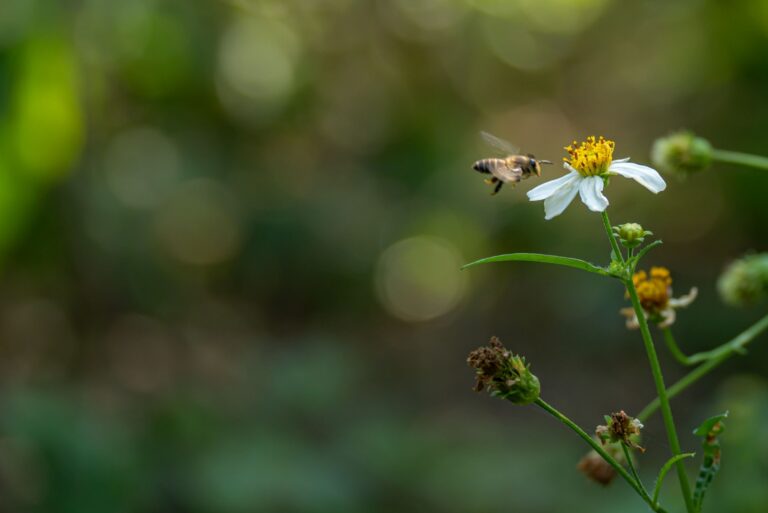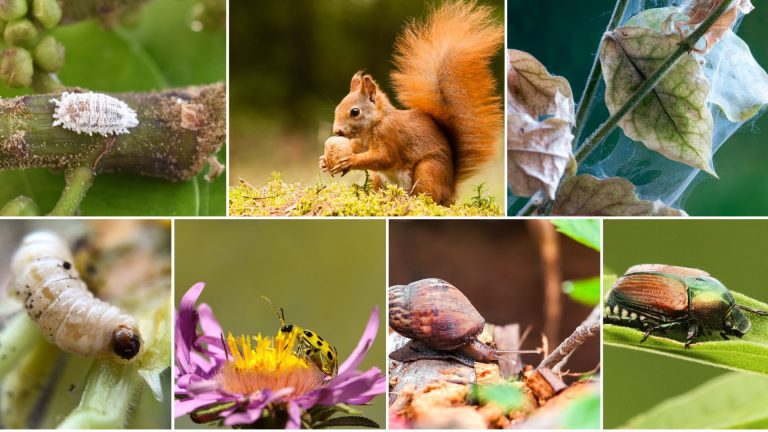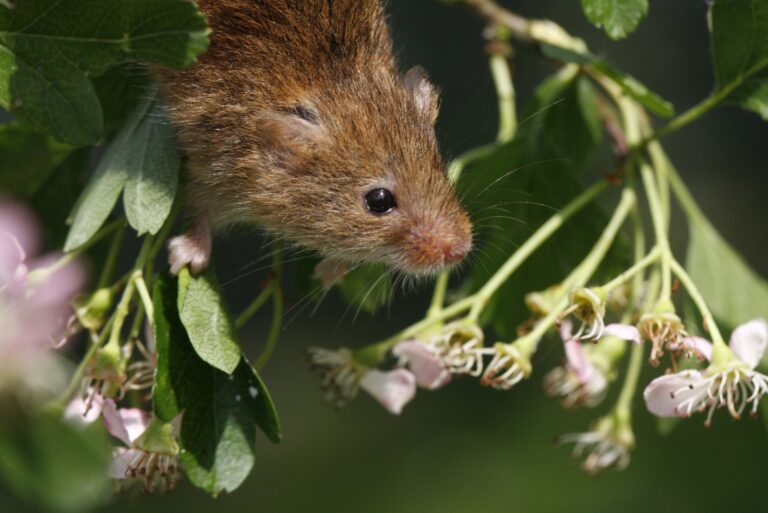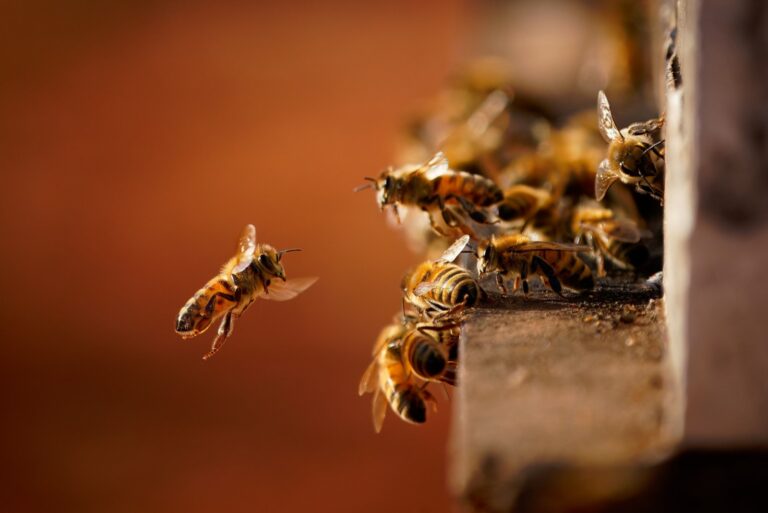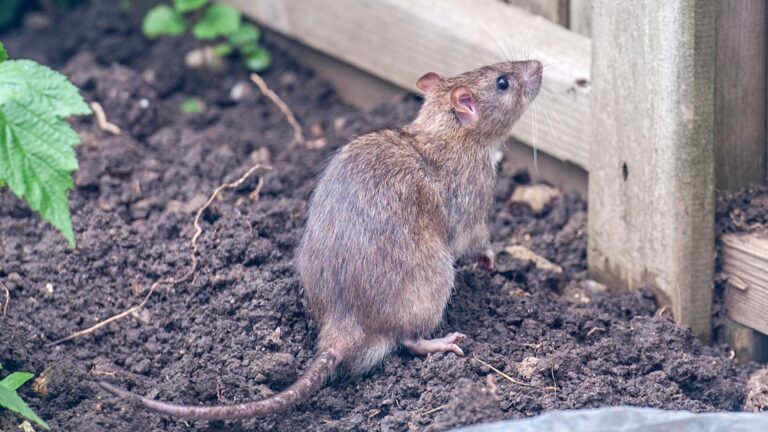Discover 17 Smells That Raccoons Absolutely Hate
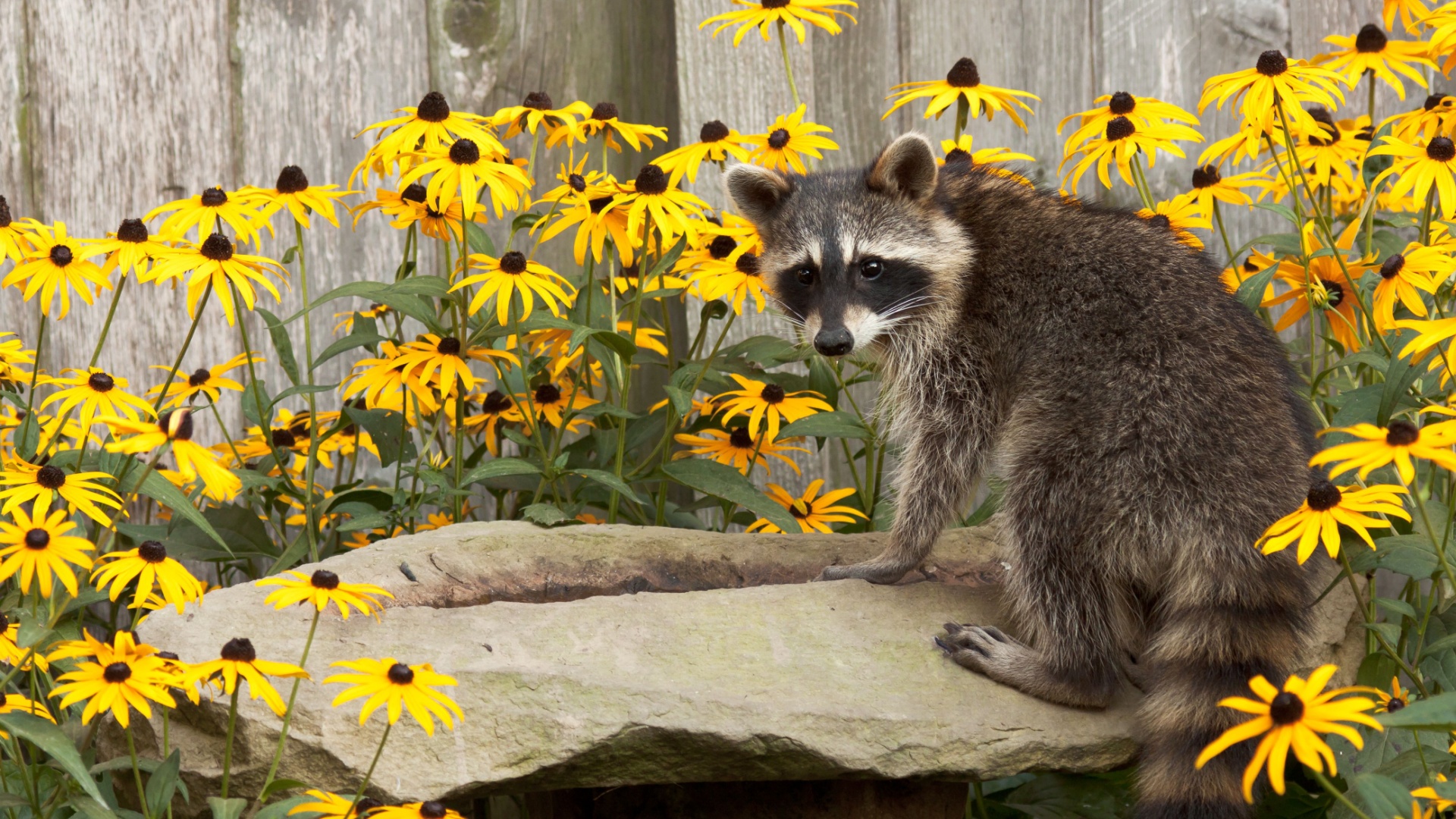
Raccoons may be cute, but they’re also crafty, curious, and not afraid to raid your garden, trash, or attic. If you’re tired of their nightly visits, the solution might be as simple as scent.
These 17 smells are proven to send raccoons running—naturally and effectively—without traps or harsh chemicals.
1. Peppermint Oil Punch

Raccoons run for the hills when they catch a whiff of peppermint oil. The strong menthol scent overwhelms their sensitive noses and sends a clear message to stay away. For an effective repellent, mix 15-20 drops of peppermint essential oil with water in a spray bottle.
Apply around trash cans, garden beds, and entry points to your home. Many homeowners report immediate results after application, with raccoons avoiding treated areas for weeks afterward.
2. Hot Pepper Fury

Nothing sends raccoons scrambling faster than the fiery scent of hot peppers. Their sensitive noses can’t handle the capsaicin compounds that give peppers their heat. Create a potent spray by boiling chopped hot peppers in water for 20 minutes, then straining and adding a drop of dish soap as a sticker.
Spray around your property’s perimeter and problem areas. Reapply after rain for continuous protection against these masked intruders.
3. Ammonia’s Sharp Sting

Ammonia mimics the scent of predator urine, triggering a raccoon’s instinctual fear response. The harsh chemical smell signals danger to these cautious creatures. Soak rags in ammonia and place them in containers with holes punched in the lids.
Position these containers near raccoon entry points, gardens, or trash areas. Replace the ammonia-soaked rags every few days to maintain potency, especially after rainfall or heavy dew.
4. Garlic’s Pungent Power

While humans might enjoy garlic bread, raccoons find the pungent aroma absolutely revolting. Their heightened sense of smell makes garlic an effective natural deterrent for your yard. Crush several garlic cloves and boil them in water to create a potent spray.
Apply liberally around gardens, trash areas, and potential entry points to your home. For extra strength, combine garlic with other repellent scents like hot peppers or vinegar to create a raccoon-repelling cocktail they won’t forget!
5. Predator Urine Warning

Raccoons have evolved to fear the scent of predators like coyotes, wolves, and foxes. Commercial predator urine products tap into this primal fear to keep raccoons at bay. Sprinkle granules or apply liquid predator urine around the perimeter of your property, focusing on areas with previous raccoon activity.
The scent signals to raccoons that dangerous predators are nearby. Most garden centers and online retailers sell these products, which typically need reapplication every 7-10 days.
6. Vinegar’s Acidic Assault
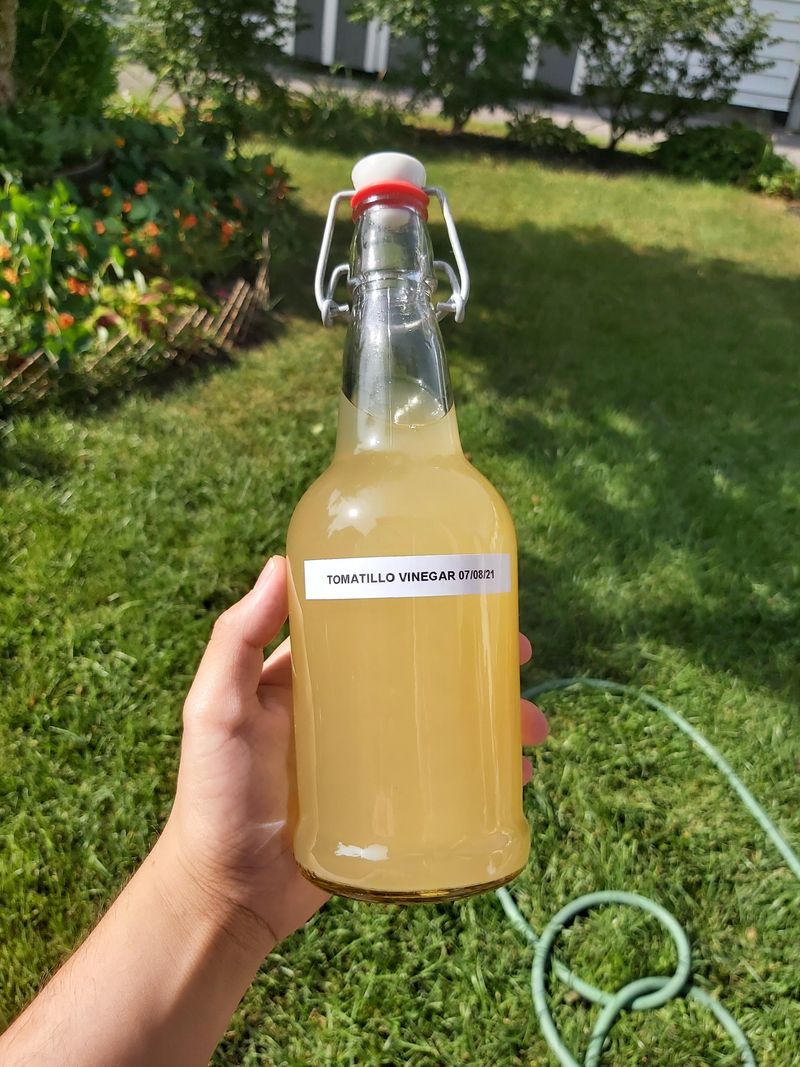
Vinegar’s sharp, acidic smell creates an invisible barrier that raccoons refuse to cross. White vinegar works particularly well due to its strong, clean scent. Fill shallow dishes with white vinegar and place them in raccoon-prone areas.
For a spray option, mix equal parts water and vinegar in a bottle and apply to surfaces raccoons frequently touch. Some homeowners soak old rags in vinegar and stuff them into den entrances to evict unwanted raccoon tenants effectively.
7. Epsom Salt Surprise

Raccoons detest the mineral smell of Epsom salt, making it an unexpected but effective deterrent. The magnesium sulfate compound irritates their sensitive noses and paws. Sprinkle Epsom salt around gardens, flowerbeds, and potential entry points.
For enhanced effectiveness, dissolve the salt in water and spray it around your property’s perimeter. As a bonus, Epsom salt benefits your plants by providing essential magnesium while keeping pesky raccoons away!
8. Onion’s Eye-Watering Effect

The sulfur compounds in onions that make humans cry work double-time on raccoons’ sensitive noses. These masked bandits can’t stand the intense aroma that onions produce. Chop onions and scatter them around problem areas, or create a potent spray by boiling chopped onions in water.
The lingering scent creates a barrier that raccoons won’t want to cross. For maximum effectiveness, combine onion with garlic for a double-whammy of repellent power against these persistent nighttime visitors.
9. Mothball Menace

Mothballs release a powerful naphthalene odor that overwhelms raccoons’ sensitive olfactory systems. Just a few mothballs can protect a surprisingly large area from raccoon intrusions. Place mothballs in mesh bags or containers with holes and position them around your property’s perimeter.
Be careful to keep them out of reach of children and pets, as they can be toxic if ingested. Replace mothballs every few weeks as they dissolve and lose potency over time.
10. Citrus Peel Perfume

The bright, acidic scent of citrus peels sends raccoons packing. Orange, lemon, and grapefruit peels contain natural oils that raccoons find particularly offensive. Save peels from your morning orange or evening grapefruit and scatter them around gardens, trash cans, and entry points.
Grinding the peels releases more oils and creates a stronger deterrent effect. Fresh peels work best, so replace them every few days to maintain their raccoon-repelling properties.
11. Eucalyptus Oil Barrier

Eucalyptus oil’s medicinal, minty aroma might smell refreshing to us, but raccoons find it absolutely revolting. The powerful scent overwhelms their sensitive noses and drives them away. Add 15-20 drops of eucalyptus essential oil to a spray bottle filled with water.
Apply the mixture around your property, focusing on areas where raccoons frequently visit. Many homeowners place eucalyptus-soaked cotton balls in strategic locations for a concentrated deterrent effect that lasts several days.
12. Coffee Grounds Repulsion

Used coffee grounds serve double duty – they enrich your garden soil while repelling raccoons with their strong aroma. The intense smell interferes with raccoons’ ability to find food. Sprinkle used coffee grounds around the base of plants, along garden borders, or anywhere raccoons have been causing trouble.
The grounds gradually break down, adding nitrogen to your soil. Coffee grounds work best when fresh and moist, so apply them regularly after your morning brew.
13. Irish Spring Soap Surprise
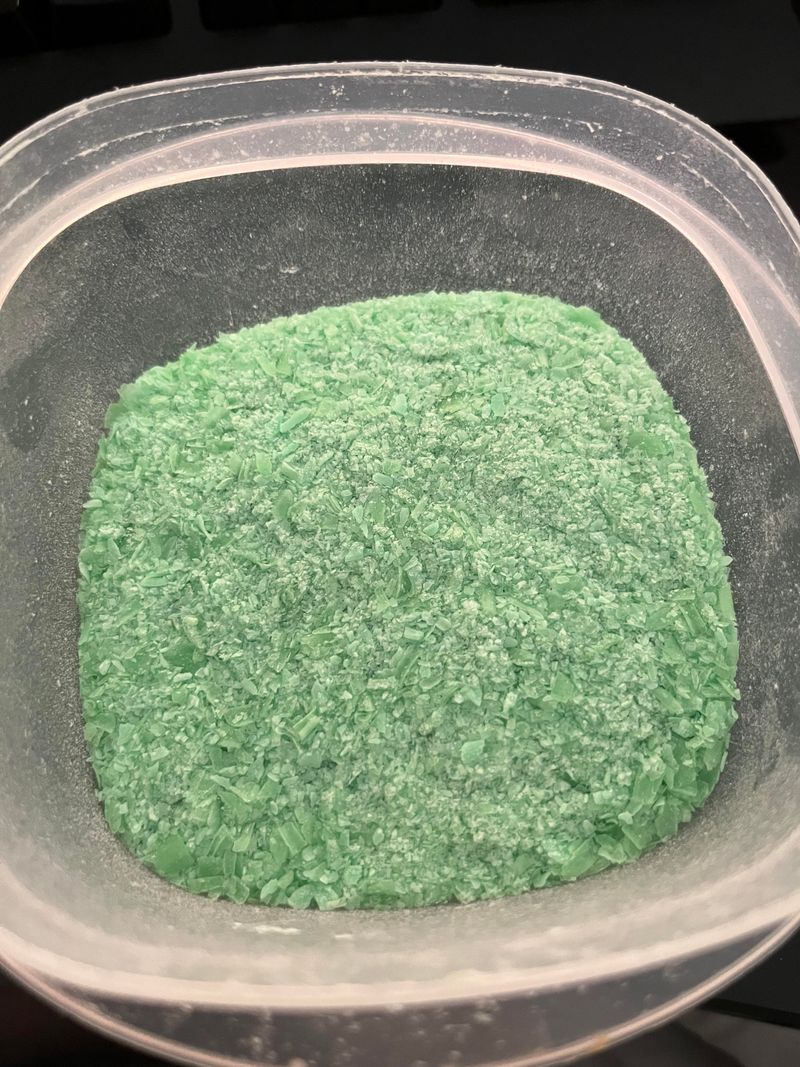
Raccoons have an unexplained aversion to Irish Spring soap’s distinctive scent. This unlikely household item has become a popular raccoon deterrent among gardeners and homeowners. Grate a bar of Irish Spring soap and sprinkle the shavings around your garden or problem areas.
Alternatively, place whole bars in mesh bags and hang them from trees or fence posts. Rain will actually help distribute the scent, though you’ll need to replace the soap every few weeks as it dissolves.
14. Cedar Oil Offense
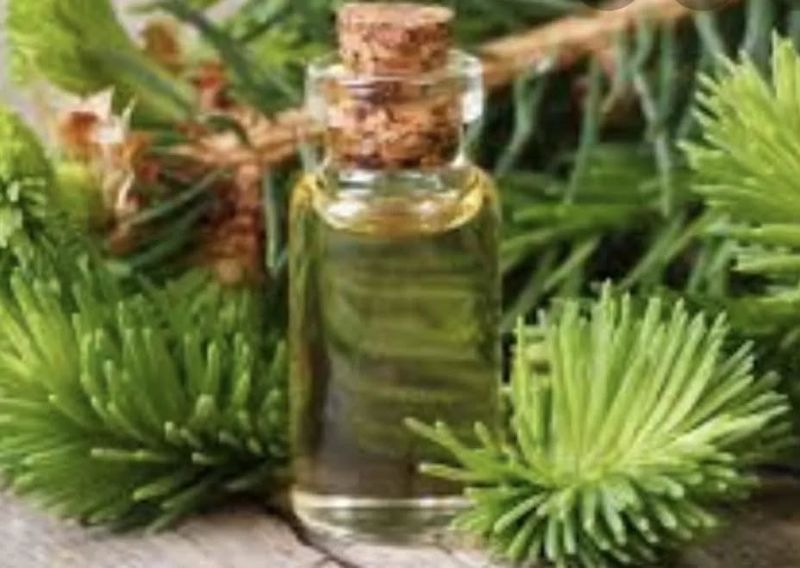
Cedar oil contains potent compounds that irritate raccoons’ respiratory systems and mask food odors they’re seeking. Many commercial raccoon repellents use cedar oil as their active ingredient. Apply cedar oil around the perimeter of your property using a spray bottle or soaked rags.
The woody, camphor-like scent creates an invisible barrier raccoons won’t cross. Cedar mulch can also help deter raccoons while providing attractive ground cover for your landscaping.
15. Cinnamon’s Spicy Surprise

Cinnamon’s warm, spicy scent might remind us of cookies, but raccoons find it overwhelming and irritating. Their sensitive noses can’t handle the potent aromatic compounds in this common spice. Sprinkle ground cinnamon around gardens, trash areas, and entry points.
For a stronger effect, mix cinnamon essential oil with water in a spray bottle and apply liberally. As an added bonus, many insects also dislike cinnamon, giving you multi-pest protection with one simple spice.
16. Pine Sol’s Chemical Kick

The strong pine scent of Pine Sol cleaner mimics territorial markings of predators while overwhelming raccoons’ sensitive noses. Many homeowners swear by this commercial product for raccoon control. Dilute Pine Sol with water according to package directions and spray around problem areas.
Alternatively, soak rags in the solution and place them in strategic locations around your property. Reapply after rainfall or every few days to maintain the scent barrier against persistent raccoon visitors.
17. Mustard Oil Mayhem

Mustard oil contains allyl isothiocyanate, a compound that creates an intense burning sensation in raccoons’ noses. Just a small amount of this pungent oil can protect a large area. Mix a few drops of mustard oil with water in a spray bottle and apply around your property’s perimeter.
The spicy, acrid scent creates an invisible barrier raccoons won’t cross. Be careful when handling mustard oil as it can irritate human skin and eyes too – wear gloves during application.

